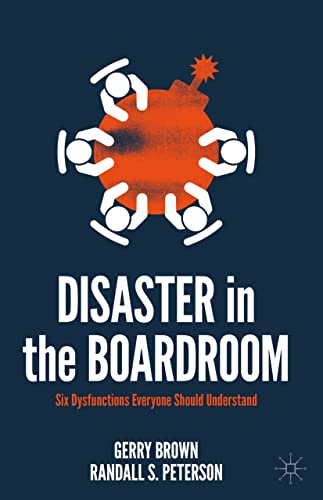

Most ebook files are in PDF format, so you can easily read them using various software such as Foxit Reader or directly on the Google Chrome browser.
Some ebook files are released by publishers in other formats such as .awz, .mobi, .epub, .fb2, etc. You may need to install specific software to read these formats on mobile/PC, such as Calibre.
Please read the tutorial at this link: https://ebookbell.com/faq
We offer FREE conversion to the popular formats you request; however, this may take some time. Therefore, right after payment, please email us, and we will try to provide the service as quickly as possible.
For some exceptional file formats or broken links (if any), please refrain from opening any disputes. Instead, email us first, and we will try to assist within a maximum of 6 hours.
EbookBell Team

5.0
68 reviewsWhy when companies come crashing down, do we hear of boards who have failed in their fiduciary duties? Or that they have been ignorant, complacent or downright complicit in these scandals and downfalls?
Of course, corporate scandals are nothing new, nor are they limited to any one geography. They are a damning indictment of our systems of corporate governance around the world. And yet, despite this frequency, little or nothing changes. We shrug and move on, accepting they are an unavoidable part of the system that produces incredible wealth for economies and societies. But it should not be that way.Disaster in the Boardroomshows how boards can be better. Looking at why these scandals happen, authors Peterson and Brown present in-depth case studies of major global corporations – including recent contemporary scandals associated with companies such as BP, Facebook and Uber – using the optic of their unique, original and compelling ‘six dysfunctions of the board’ analysis to reveal their particularities but also how they can be overcome. In this book, Brown and Peterson explore common attributes of scandals such as lack of independence from management, missing key voices, cultural amplification, diffusion of responsibility, rule-bound cultures and groupthink. They also identify ways to strengthen boards, improve their culture and competence, and give directors and others the power to take action and ultimately prevent disasters from happening.